HotSpots H2O, October 1: Protestors Fight Privatization In Water-Stressed El Salvador
The Rundown
In El Salvador, water availability is precarious. Most of the country’s surface water is polluted, and large amounts of groundwater are extracted by multinational companies. In addition, the country is experiencing a dry spell, and a looming El Niño threatens to worsen conditions. Many residents, especially those in rural areas, lack steady access to safe water.
Those factors result in conflicts over water, notably in 2015, when Salvadorans resisted efforts by Coca-Cola to drills wells in Nejapa, where groundwater is bountiful but poorly distributed among residents. Residents and activists who cheered the country’s ban, in 2017, on metal mining due to water pollution concerns continue today to push for laws guaranteeing water rights for citizens.
A larger role for the private sector in water supply and sewage may be on the horizon. The current government, which took control earlier this year, hopes to create a governing body that would regulate and tax water. Although politicians deny that this is a step toward privatization, activists disagree, and have taken to the streets to protest.
“They are fragile ordinances, so the companies [are] looking for a way to avoid the local councils having stronger ones. The danger is that the local ordinances are weakened even more.” — Santiago Rodríguez, a pastor with the Salvadoran Lutheran church who works in Nejapa and the surrounding areas in reference to the potential national laws in El Salvador that would open the water sector to private companies.
By The Numbers
95 percent Proportion of El Salvador’s surface water that is contaminated.
42 percent Proportion of rural Salvadorans who have access to clean drinking water. Many must travel long distances to reach this safe water.
280,000 hectares Beans and maize that died this year due to drought in Guatemala, El Salvador, and Honduras.
60 percent Chance that an El Niño weather pattern will develop by December 2018. Even if a weak El Niño occurs, it could have detrimental impacts on Central America’s second crop cycle.
On The Radar
The National Alliance against the Privatization of Water, which consists of NGOs, religious groups, and environmentalists, is staging protests across the country. The movement has caught the attention of politicians, who say activists are welcome to attend meetings discussing the country’s next steps with water.
Resources and Further Reading
Campaigners fear creeping privatisation of El Salvador’s water (The Guardian)
El Salvador’s disappearing farmers (Al Jazeera)
FAO and WFP concerned about the impact of drought on the most vulnerable in Central America (Relief Web)
Speakers explain impact of climate change on their home countries (Relief Web)
Kayla Ritter is a recent graduate of Michigan State University, where she studied International Relations and Teaching English to Speakers of Other Languages. She is currently based in Manton, Michigan. Kayla enjoys running, writing, and traveling. Contact Kayla Ritter

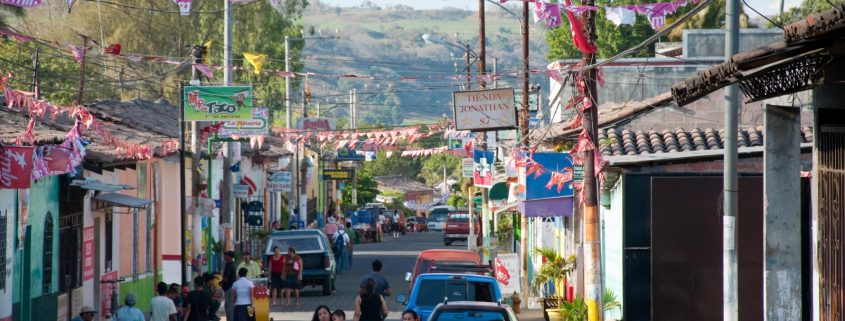

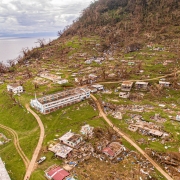
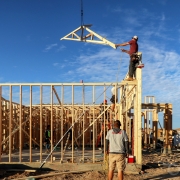
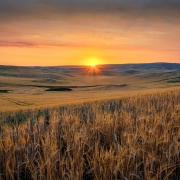
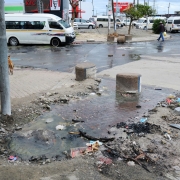
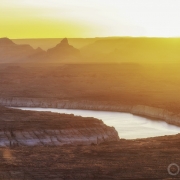





Leave a Reply
Want to join the discussion?Feel free to contribute!